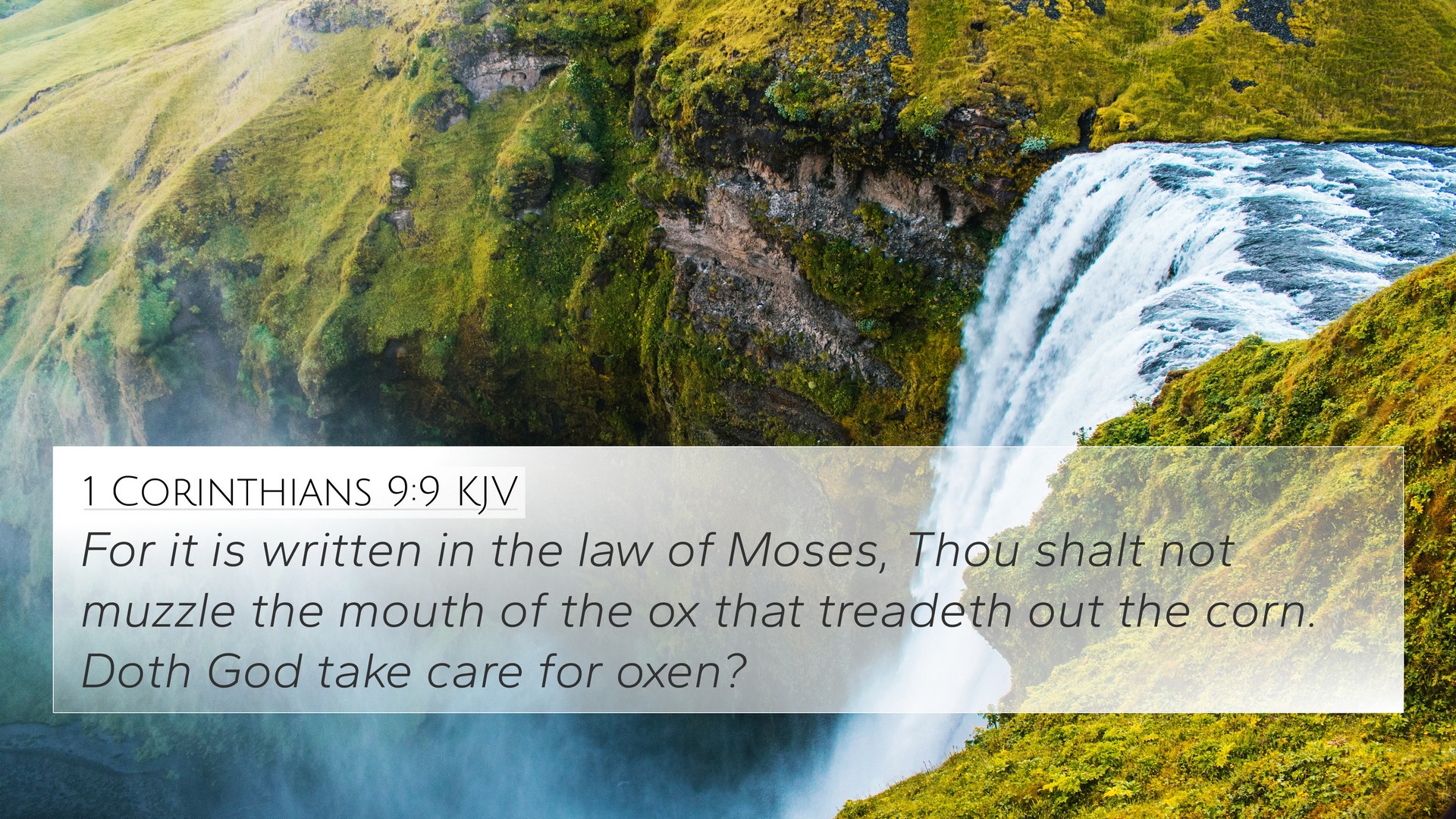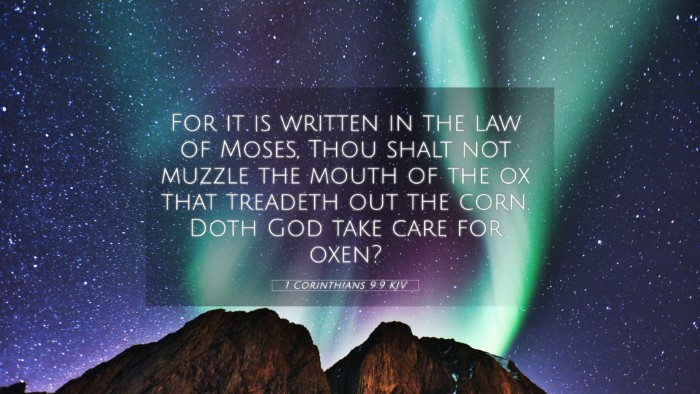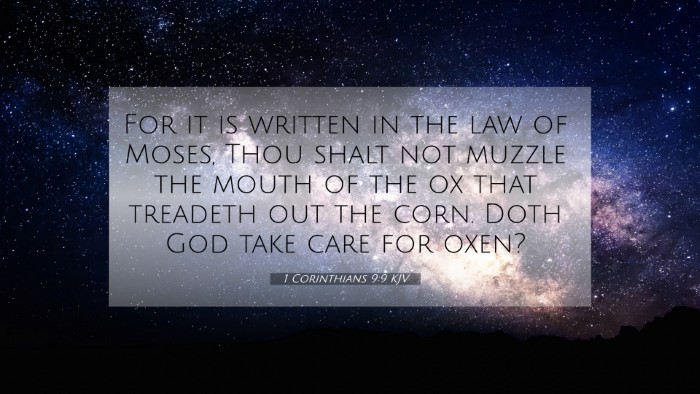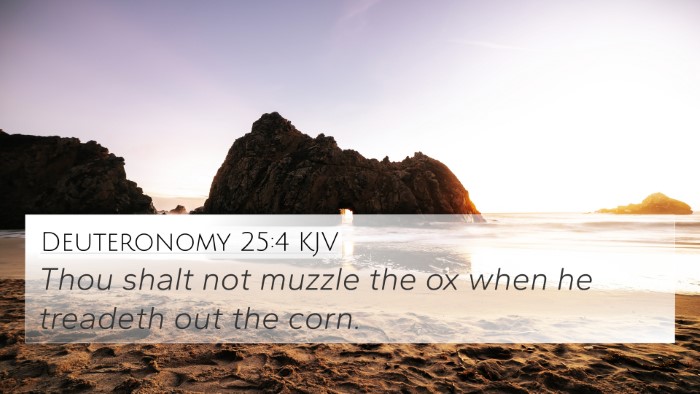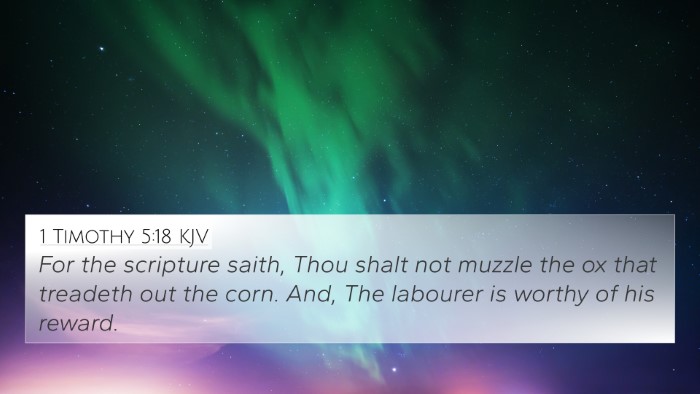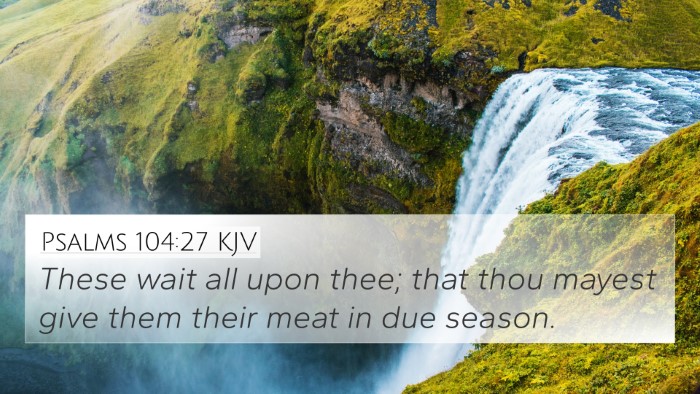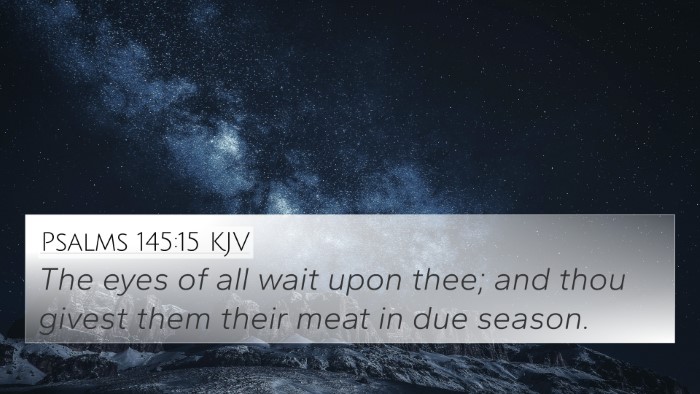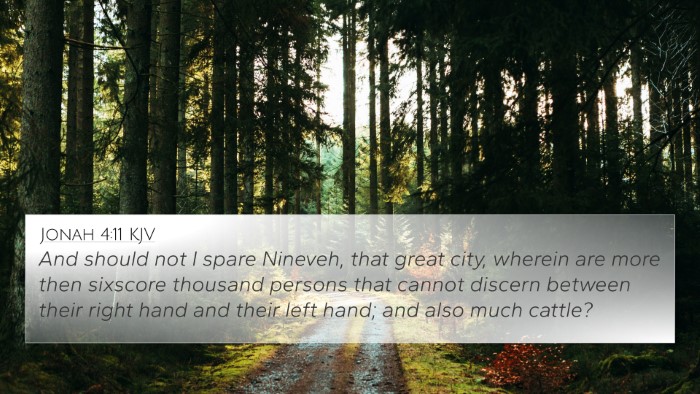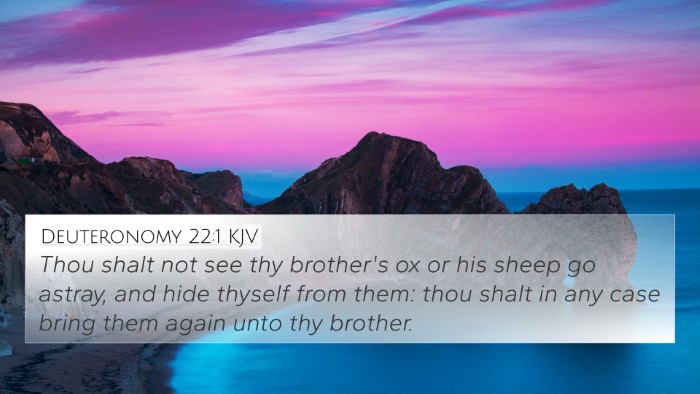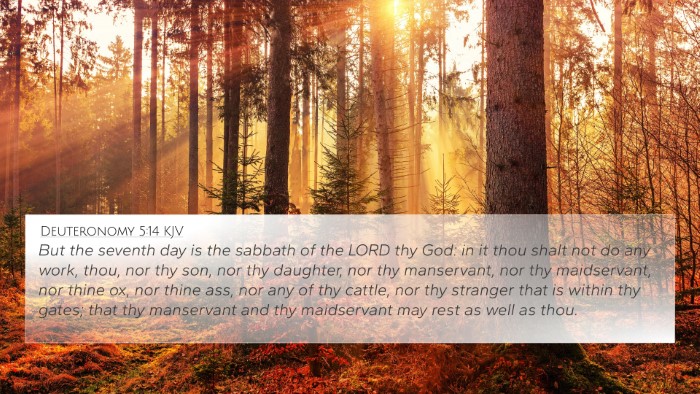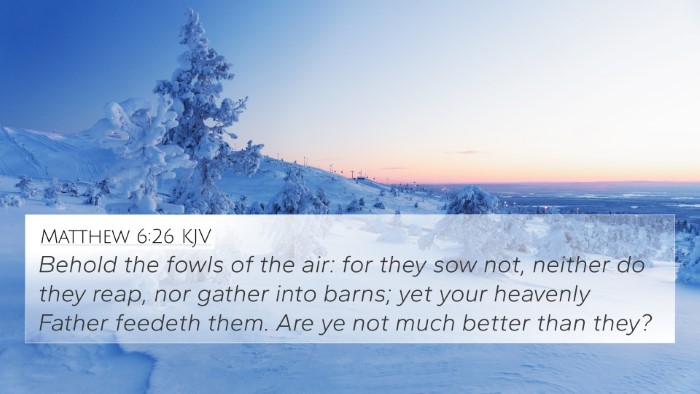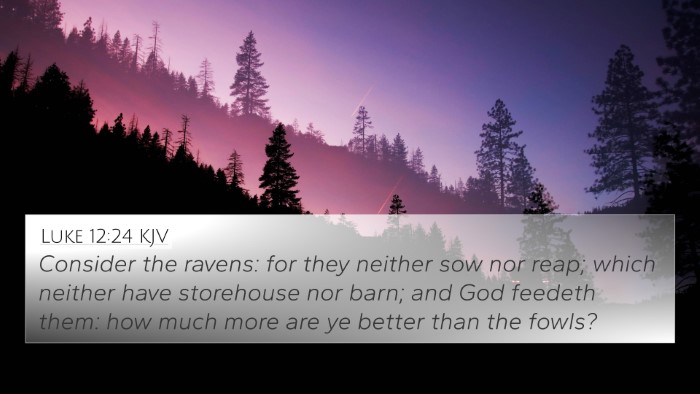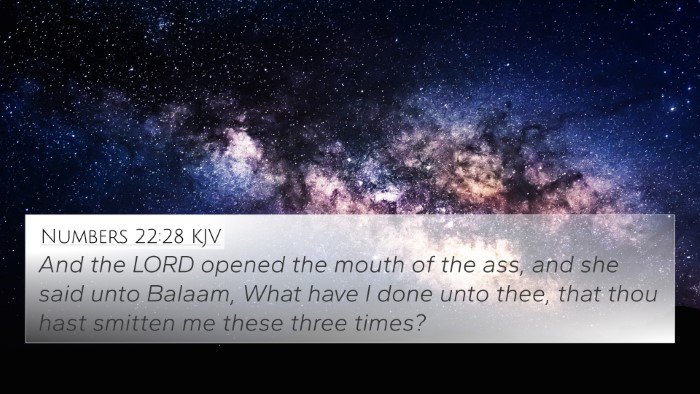Understanding 1 Corinthians 9:9
In the verse 1 Corinthians 9:9, the Apostle Paul references the scriptural foundation for supporting those who preach the Gospel. This passage reads:
"For it is written in the Law of Moses, 'You shall not muzzle an ox when it treads out the grain.' Is it for oxen that God is concerned?" (1 Corinthians 9:9, ESV)
Meaning and Insights
This verse serves to illustrate a broader principle that relates to spiritual sustenance for those dedicated to ministry. Here is a summary combining insights from public domain commentaries:
-
Matthew Henry:
Henry emphasizes that the command regarding the ox signifies God's concern not just for animals but also for those laboring in His service. Paul uses this imagery to argue for the rightful support of ministers from the congregations they serve.
-
Albert Barnes:
Barnes explains that Paul's reference to the oxen illustrates that if the Law provided for animals' welfare, then certainly the ministers who preach the Gospel should also be supported. This serves to highlight the justice of providing for those who labor in spiritual matters.
-
Adam Clarke:
Clarke points out that the verse indicates a necessary law regarding fair treatment of laborers, hinting at a divine principle that uplifts human dignity through proper compensations for their work, whether in agriculture or ministry.
Cross-References to 1 Corinthians 9:9
This verse connects to a broader network of scriptural references that reinforce the themes of care, justice, and support for spiritual workers. Below are some key cross-references:
- Deuteronomy 25:4 - "You shall not muzzle an ox when it is treading out the grain." This Old Testament law directly supports Paul's argument.
- Galatians 6:6 - "Let the one who is taught the word share all good things with the one who teaches." This reinforces the idea of reciprocal support.
- 1 Timothy 5:17-18 - "Let the elders who rule well be considered worthy of double honor, especially those who labor in preaching and teaching." This extends the principle further in the New Testament context.
- Matthew 10:10 - "The laborer deserves his food." Jesus teaches about the honor and worth of those who labor in His name.
- Luke 10:7 - "And remain in the same house, eating and drinking what they provide, for the laborer deserves his wages." A parallel teaching of Jesus concerning provision for laborers.
- Philippians 4:15-16 - Paul mentions that the Philippians were the only church that shared in his troubles and provided for his needs, highlighting the importance of support.
- Acts 18:3 - Paul practiced tent-making while preaching, showing the balance of self-supported ministry while teaching about provision.
Thematic Connections
The themes derived from 1 Corinthians 9:9 run deep through the scriptures:
- Justice in Compensation: The consistent theme of just treatment for laborers, as also illustrated in Levitical laws.
- Shared Responsibilities: The idea that communities of faith hold a duty to care for their leaders.
- Divine Provision: God’s provision over His people is a recurring motif connected through multiple scriptural narratives.
Conclusion
1 Corinthians 9:9 not only exemplifies Paul's argument on behalf of ministerial support but also opens up an inter-Biblical dialogue across the scriptures concerning righteousness, justice, and provision for those who serve God. This verse, and its connections to other passages, demonstrate a cohesive message throughout both the Old and New Testaments.
Further Study
For those looking to deepen their understanding, tools such as a Bible concordance or a cross-reference Bible study can offer essential insights into identifying connections between various scriptures. Using Bible cross-reference guides can illuminate the comprehensive network of Biblical themes, helping to uncover the richness of God's word.
